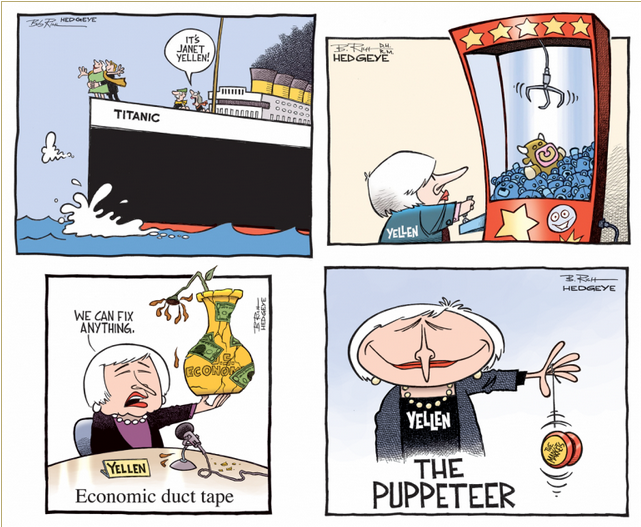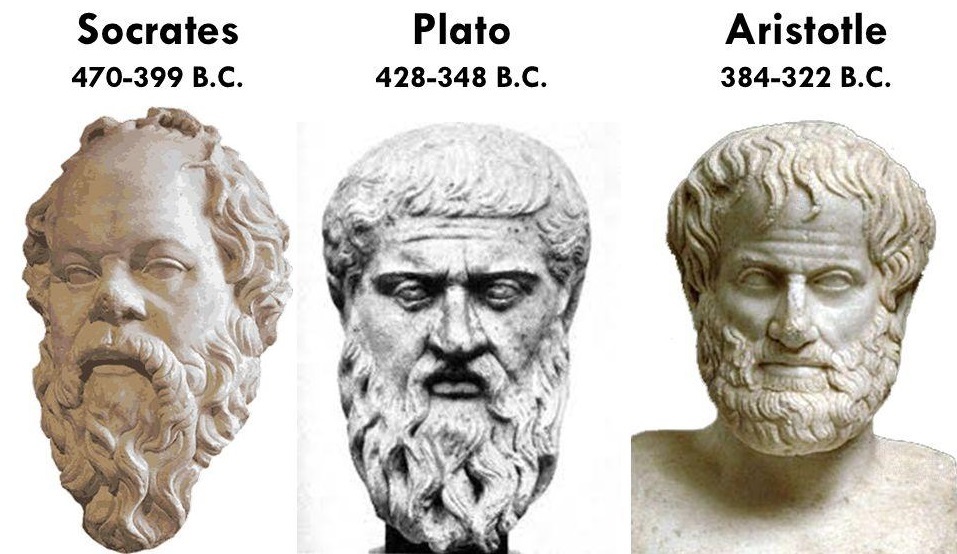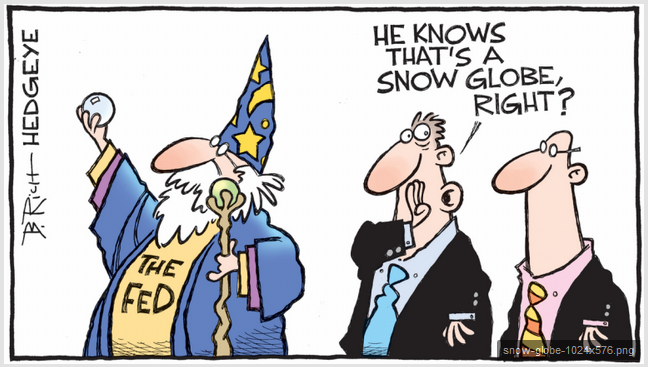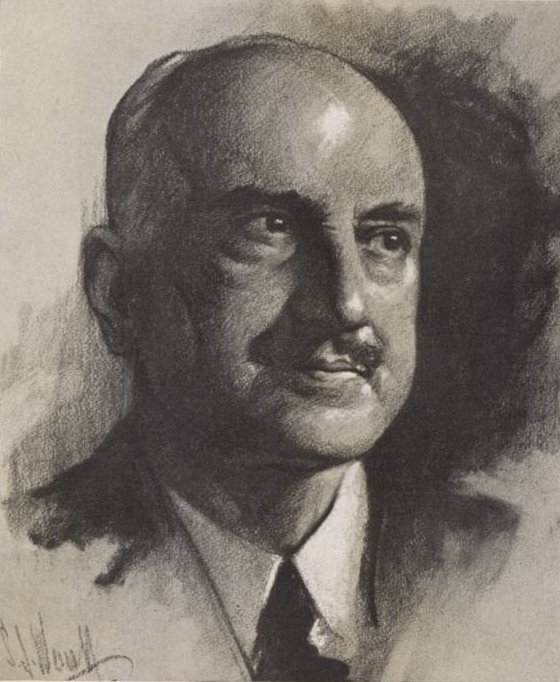Winners and QuittersVince Lombardi, the famous American football coach, once said, “Winners never quit and quitters never win.” Maybe he meant that winners overcome obstacles to reach their goals while quitters give up and fall short… or something to that effect. Certainly, this makes for a good bumper sticker. Perhaps it’s a helpful quote for the first time marathon runner to repeat come mile 20. Saying it aloud may somehow will them across the finish line. But what about those who never quit, yet still never win? By default does that make them losers? Or are they just stubborn pack mules? And what about those who never quit despite not knowing what it is they are after to start with? What does that make them? Are they lost, confused, or something else? We suspect there’s no one right answer to these questions. They are a matter of opinion. Each individual’s response will be influenced by their own experiences and preferences. Regardless, this is merely the preface to today’s ruminations. |
|
“Brits Don’t Quit”This week, in the run-up to the Brexit vote, Prime Minister David Cameron reduced the matter of Britain’s national autonomy to a brainless bumper sticker. “Brits don’t quit,” he said. No doubt, he must have felt some sort of misdirected English pride when making this utterance. As far as we can tell, Cameron never paused to consider if Brits would be better off if they quit the European Union or not. He merely validated the elitist position that a Brexit would be bad for the British economy. But would it? Here we turn to Russ Lamberti of ETM Analytics for edification…
At the time of this writing, and despite Cameron’s claim that “Brits don’t quit,” it appears the British populace has voted in favor of leaving the European Union. By the time you read this article the official results should be in. If they hold with the unofficial results, then this is a win for anyone with a remote desire for freedom. |
|
Quitting the Cucumber AffairThe simple fact is smaller decentralized governments offer greater opportunity for preserving individual freedoms and liberties. Delegating economic sovereignty to technocrats in Brussels subjected Britain to the most ridiculous requirements. Some may be petty or inane, in and of themselves. But taken together they’re remarkably repressive. For example, did you know that, per the European Union, bananas and cucumbers must be “free of abnormal curvature?” In particular, Regulation No. 1677/88 specifies the tolerance level for “Class I” cucumbers at a bend in gradient of no more than 1/10. “Class II” cucumbers can bend twice as much. Any cucumber with a greater curvature cannot be bought or sold. What the purpose of this is, no one really knows. Do bendy bananas and cucumbers somehow have a higher bacteria content that causes stomach rot? Unfortunately, this is just one of many absurdities the European Union regulates. Another includes a restriction that went into effect in September 2014 which only allows vacuum cleaners that consume less than 1600 watts to be sold in the European Union. The prior standard had been 1800 watts. Starting in 2017, however, only a maximum of 900 watts will be allowed. What’s more, come 2017 vacuum cleaners must include a label that grades energy consumption on a scale of seven – yes, seven – letters and colors. The letter ‘A’ on a ‘green’ background means very low energy consumption and the letter ‘G’ on a ‘red’ background means very high energy consumption. What this accomplishes is unclear. Does it save the whales? Nor is it clear what a letter ‘A’ on a ‘red’ background means or a letter ‘G’ on a ‘green’ background means. Other senseless European Union regulations include: prohibiting bottled water from having labels claiming water helps with dehydration, making it illegal to sell prunes as a laxative, requiring eggs to be priced by weight rather than by the dozen, and so on and so forth. This is a small sampling of the heavy handed regulations Britain just opted out of. Over the next week or two we’ll discover how accurate all the fear-mongering that a Brexit would trigger an imminent financial collapse is. The truth is, alea iacta est – the die has been cast. A financial collapse is pending, Brexit or not. The Brexit may be the triggering event – or it may not – but it is in no way the cause. More precisely, the looming failure has something to do with all the cheap credit that central banking authorities have spewed into the financial system over the last 45-plus years. And there’s nothing cucumber monitors or vacuum cleaner graders in Brussels can do about it. |
Image captions by PT
M N. Gordon is the editor and publisher of the Economic Prism.
Full story here Are you the author? Previous post See more for Next post
Tags: David Cameron,newslettersent,On Politics











































